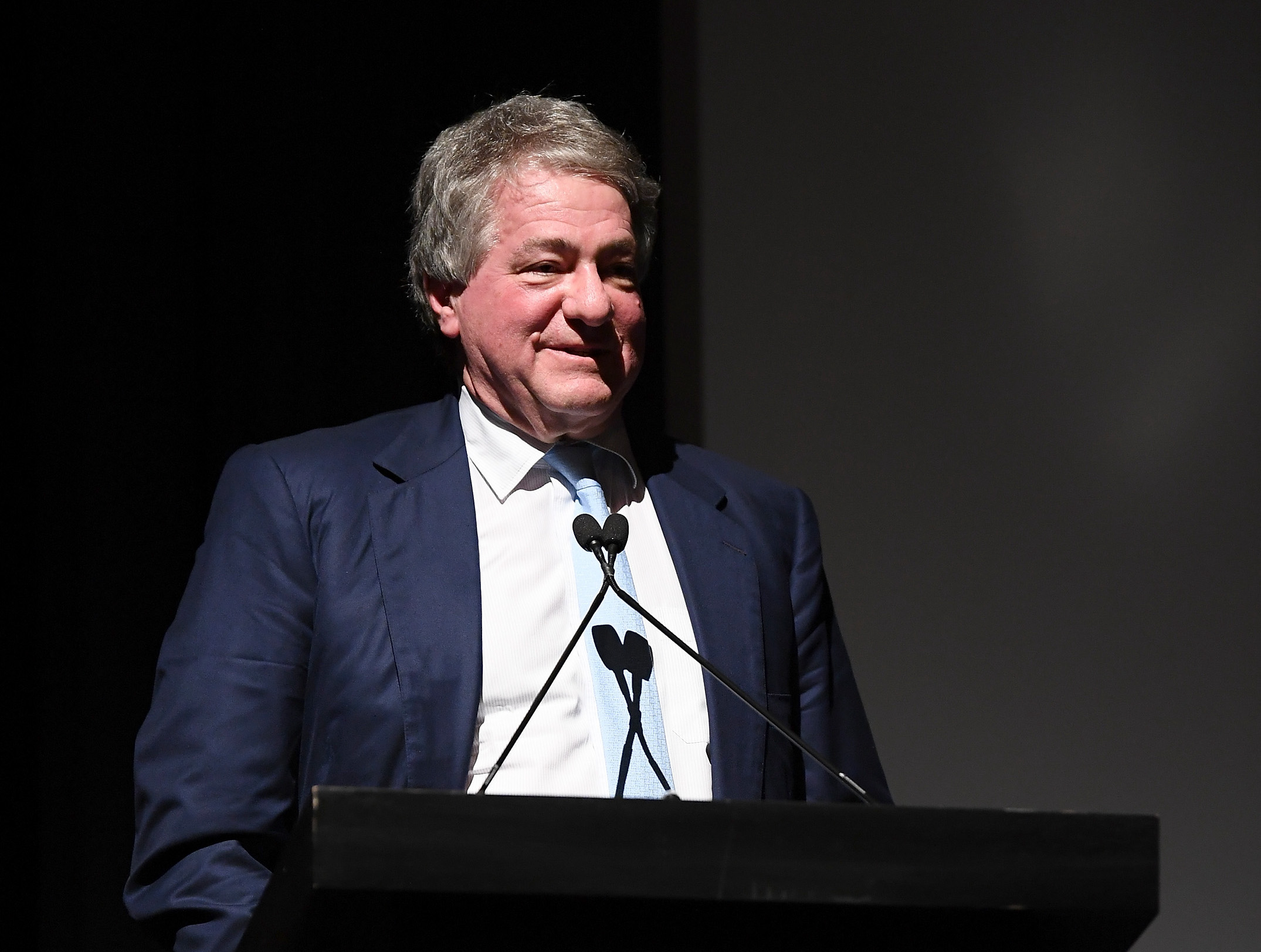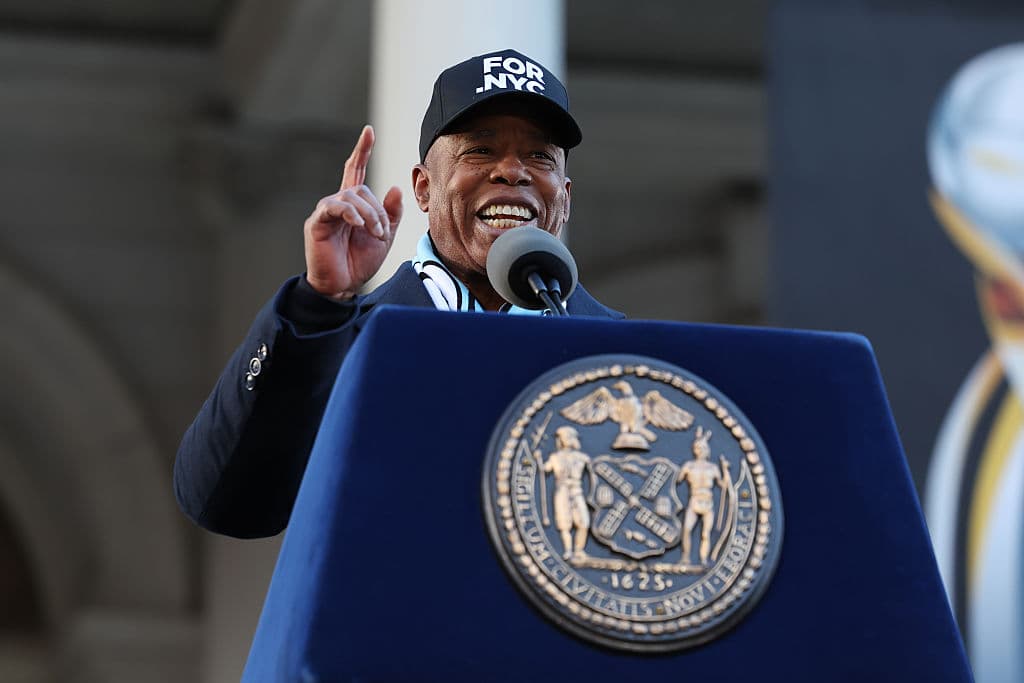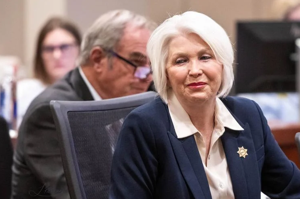URGENT UPDATE: New emails reveal shocking details about billionaire Leon Black’s extensive ties to convicted sex offender Jeffrey Epstein, raising serious questions about their relationship and potential influence. A recent investigation by the New York Times has uncovered how Epstein played a significant role in Black’s financial dealings, including major art transactions and alleged tax avoidance strategies.
The investigation details that Black made payments totaling approximately $170 million to Epstein, which Black claims were for legitimate tax and estate planning services. However, the newly disclosed emails indicate Epstein’s influence extended far beyond mere financial advice. Notably, Epstein reportedly assisted in concealing Black’s long-term extramarital affair with former Russian model Guzel Ganieva, who has accused Black of assault—a claim he denies. Black allegedly paid Ganieva nearly $10 million under an agreement prohibiting her from publicly discussing their relationship.
As the investigation unfolds, the New York Times reveals that Epstein was involved in assessing the tax implications of these payments, many of which were disguised as loans. The emails also highlight Epstein’s role in structuring art transactions designed to help Black dodge capital gains taxes, including his controversial $120 million purchase of Edvard Munch’s iconic painting, “The Scream.”
On one occasion, Epstein sought a loan for Black, leveraging his banking connections to claim he was advising on the multi-million dollar acquisition. Black’s representatives have since denied Epstein’s involvement in this transaction.
The nature of Black and Epstein’s relationship, which spanned over two decades, is now under increasing scrutiny. Democratic Senator Ron Wyden of Oregon expressed concern, stating, “This report raises questions as to whether there was more at play in the relationship between these two men, potentially including blackmail.” Wyden is calling for an investigation into Black’s payments to Epstein, which he claims were not properly audited.
In response to these allegations, Black’s attorney, Susan Estrich, asserted that Black sought legitimate advice from Epstein that allegedly saved his family billions. She dismissed suggestions of undue influence as “false and patently absurd,” adding that Black ended his relationship with Epstein due to concerns over excessive fees.
Black’s ties to Epstein have long been a source of controversy, especially in light of his role at the Museum of Modern Art (MoMA). In January 2021, Black resigned as CEO of Apollo Global Management amidst a review of his financial connections to Epstein. Later, following pressure from over 150 prominent artists, he stepped down as MoMA’s board chairman but remains a trustee.
Amidst ongoing public scrutiny, the museum’s recently departed director, Glenn Lowry, praised the board’s dedication, including Black’s involvement, during an interview but did not address the controversy directly. MoMA has yet to comment on the latest revelations.
As this story develops, the implications for Black and his business dealings could be profound. Authorities and financial watchdogs are urged to consider the newly uncovered evidence, and further investigations may be on the horizon. Readers are encouraged to stay tuned for the latest updates on this unfolding story, as it raises critical questions about power dynamics and accountability in high finance.







